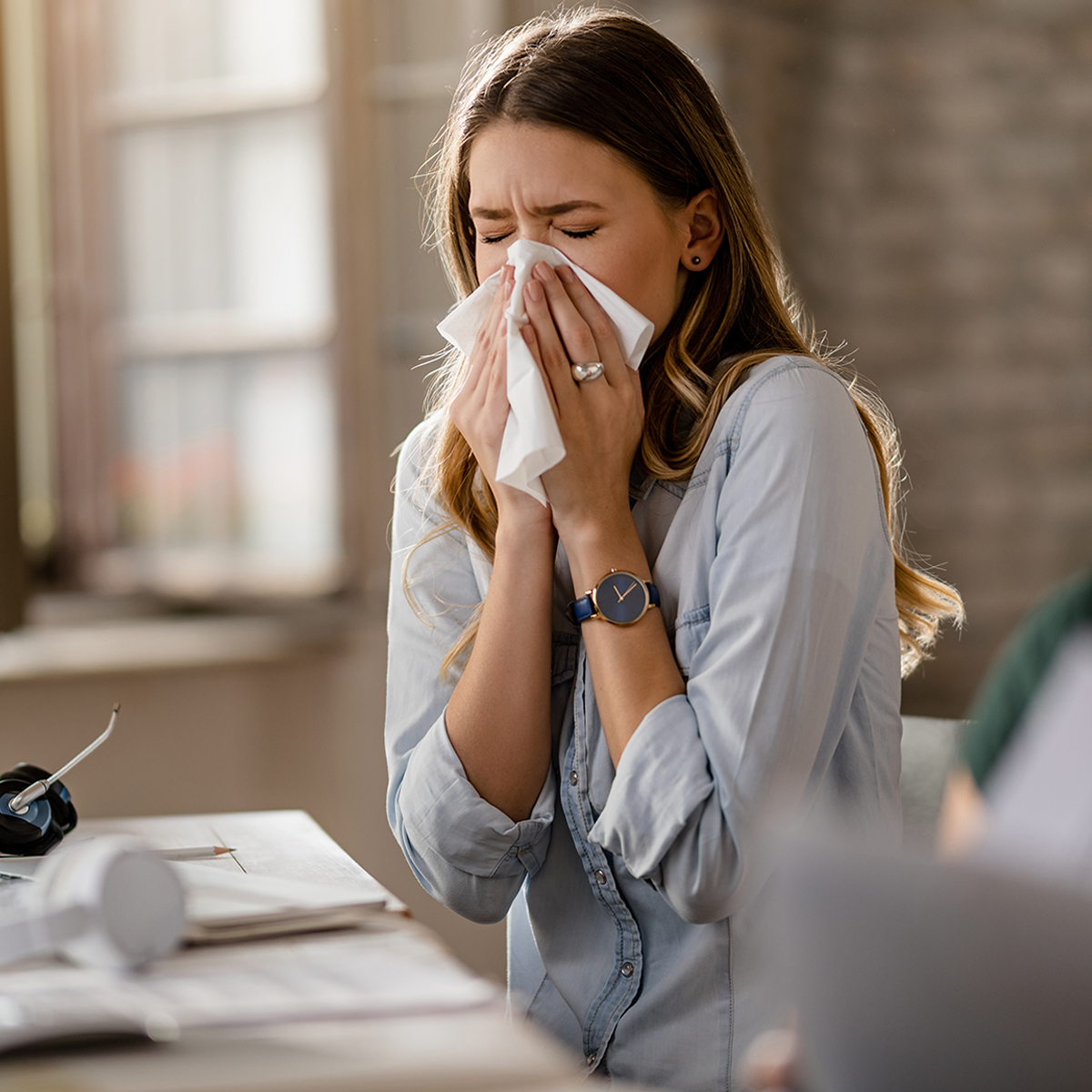Winter Flu Vaccination
(Available only at Liverpool Rodney Street Clinic)
Protect yourself from the flu and it’s complications


Having an influenza vaccination (flu jab) is the best protection against flu and its complications.
The flu can make some people seriously ill, and every flu season is different. It can affect people differently from year to year. Millions of people in the UK get flu every year, hundreds of thousands of people are hospitalised, and tens of thousands of people die from flu-related causes.
It’s more important than ever to get the flu vaccine if you are able to, particularly as we now have the added complication of COVID-19, which is very likely to co-circulate alongside the seasonal influenza virus during the winter months.
An annual seasonal flu vaccine is the best way to protect yourself against flu. Vaccination has been shown to have many benefits, including reducing the risk of flu illnesses, hospitalisations, and even the threat of flu-related death in children. While some people who get a flu vaccine may still get sick, flu vaccination has been shown in several studies to reduce the severity of the illness.
The flu vaccine is free for older people, pregnant women, and those with certain underlying medical conditions through the NHS. Click here for more information and to check if you qualify for a free NHS flu jab.
* The flu mutates annually, you’ll need an annual vaccine that has been modified to protect you against the latest strain.
Frequently Asked Questions
How do Flu Vaccines Work?
Flu vaccines cause antibodies to develop in the body about two weeks after vaccination. These antibodies protect against infection with circulating influenza viruses.
Seasonal flu vaccines are designed to protect against the influenza viruses that research indicates will be most common during the upcoming season.
Who Should be Vaccinated?
Everyone 6 months and older should get influenza (flu) vaccine every season, with rare exceptions.
Vaccination to prevent flu and its potentially serious complications is vital for people at higher risk of developing severe flu complications.
Who Should Not be Vaccinated?
Different influenza (flu) vaccines are approved for use in people in other age groups. In addition, some vaccines are not recommended for certain groups of people. Factors that can determine a person’s suitability for vaccination, or vaccination with a particular vaccine, include a person’s age, health (current and past) and any allergies to the flu vaccine or its components. If you have any doubts, don’t hesitate to contact your GP.
When Should I get Vaccinated?
It’s best to be vaccinated before the flu spreads in your community. September and October are generally good times to be vaccinated against flu. Ideally, everyone should be vaccinated by the end of October. However, even if you cannot get vaccinated until November or later, vaccination is still recommended because flu most commonly peaks in February and significant activity can continue into May.
Does the Flu Vaccine Work Right Away?
No. It takes about two weeks after vaccination for antibodies to develop in the body and provide protection against influenza virus infection. That’s why it’s best to get vaccinated before influenza viruses spread in your community.
How Effective is the Seasonal Flu Vaccine?
Influenza (flu) vaccine effectiveness (VE) can vary. The protection provided by a flu vaccine varies from season to season and depends in part on the age and health status of the person getting the vaccine and the similarity or “match” between the viruses in the vaccine and those in circulation. During years when the flu vaccine match is good, it is possible to measure substantial benefits from flu vaccination in terms of preventing flu illness and complications. However, the benefits of flu vaccination will still vary, depending on the characteristics of the person being vaccinated (for example, their health and age), what influenza viruses are circulating that season and, potentially, which type of flu vaccine was used.
What are the Side Effects that Could Occur?
Common side effects from a Vaccine include soreness, redness, and/or swelling where the vaccine was given, headache (low grade), fever, nausea, muscle aches, and fatigue. The flu vaccine, like other injections, can occasionally cause fainting.
Terms and Conditions
Please understand that appointment times are limited and in high demand. When you book your appointment with us, you are holding a space on our calendar that is no longer available to our other customers. However, if you must cancel your appointment, we respectfully request at least 48 hours’ notice in order to allow another customer access to that appointment time.
The “ON HOLD” option for appointments allows customers to place their appointments on hold up to 12 months free of charge. However, the original appointment date is still subject to the cancellation policy if then requested to be cancelled.
Cancelling a Flu Vaccination appointment 48 hours or more in advance entitles you to a 100% refund.
Cancelling a Flu Vaccination appointment between 48 and 24 hours before entitles you to a 50% refund.
Cancellations made within 24 hours will not receive a refund.
*One of our specialist nurses can advise at appointment that an alternative vaccine is more effective for you. If this is an option you desire, please note that there will be additional charges on the day.